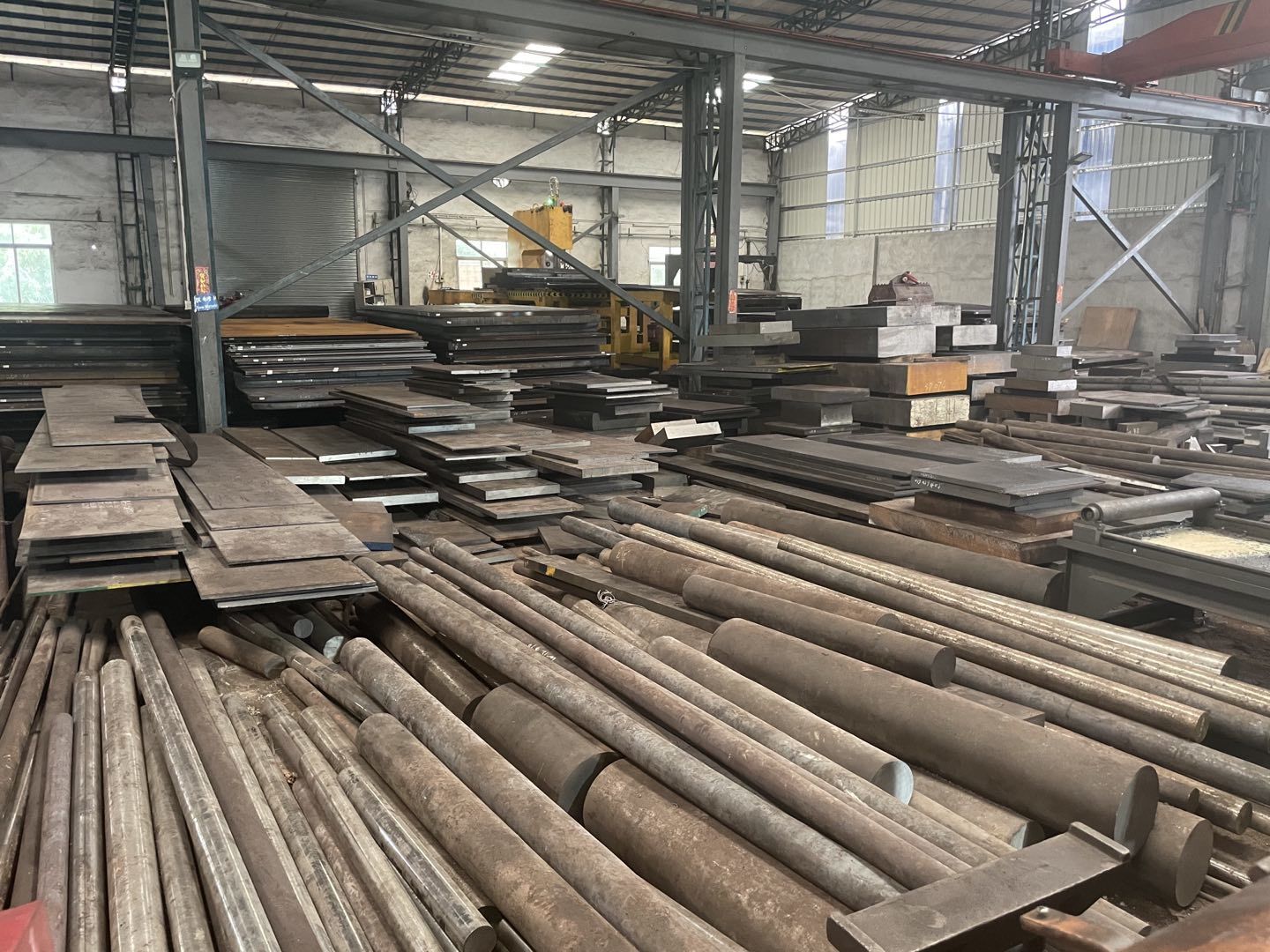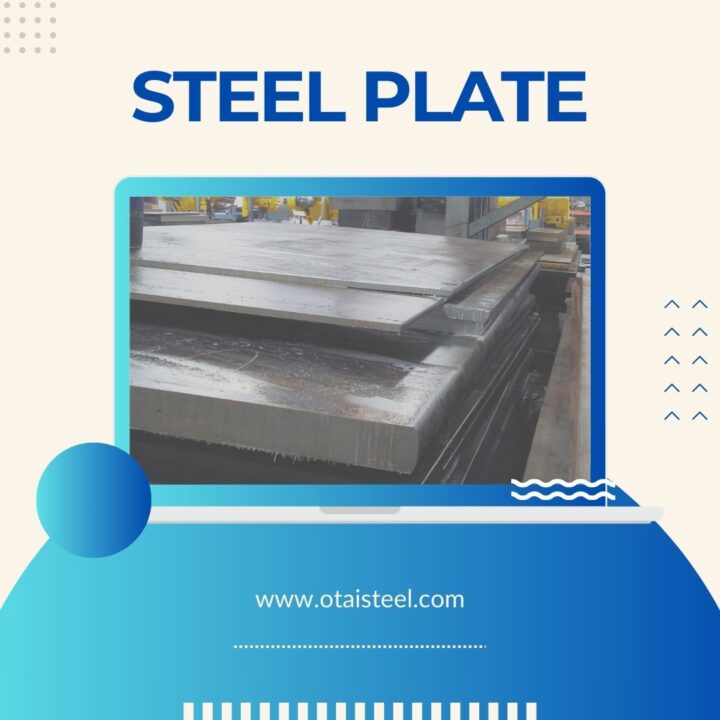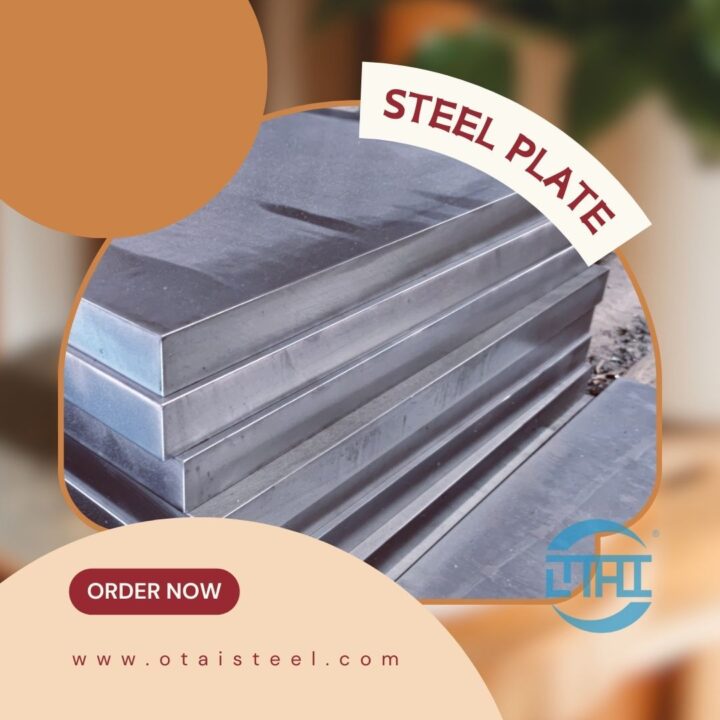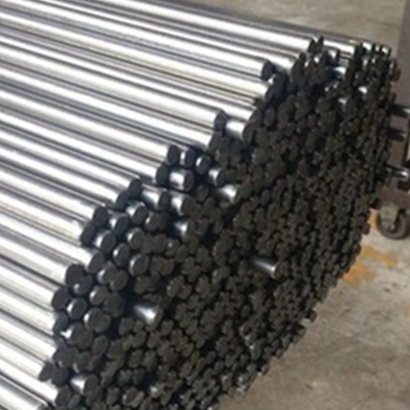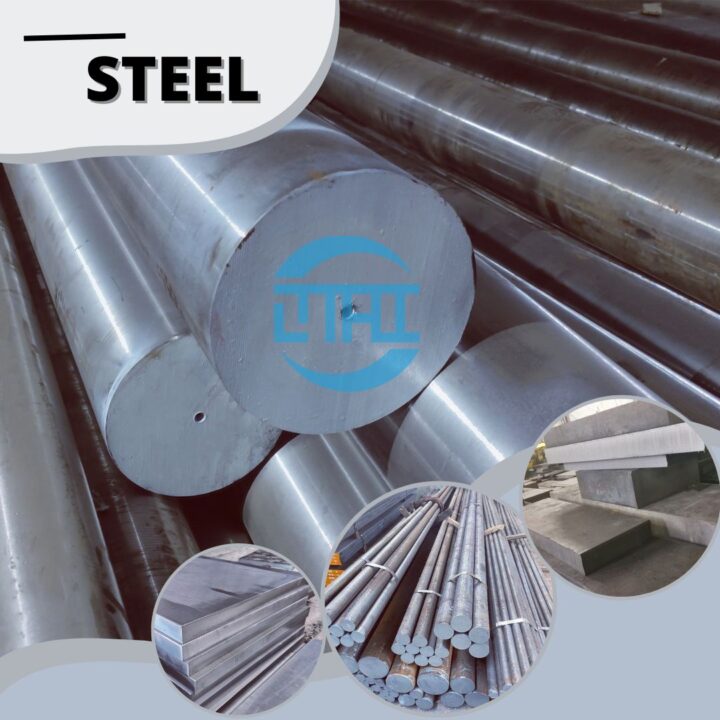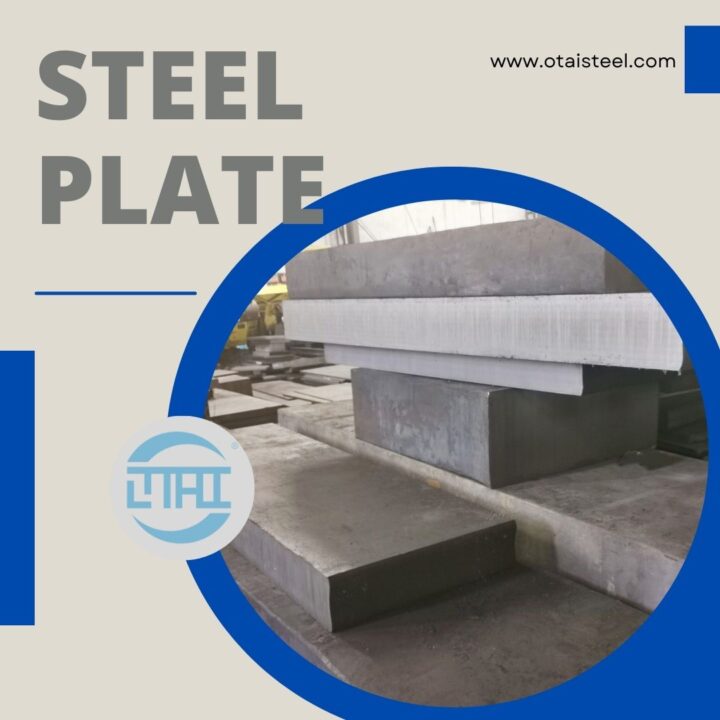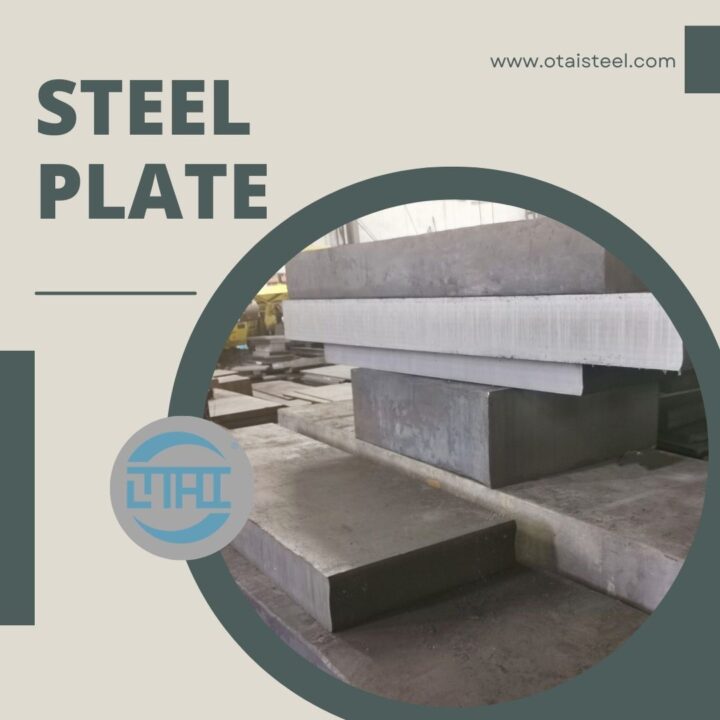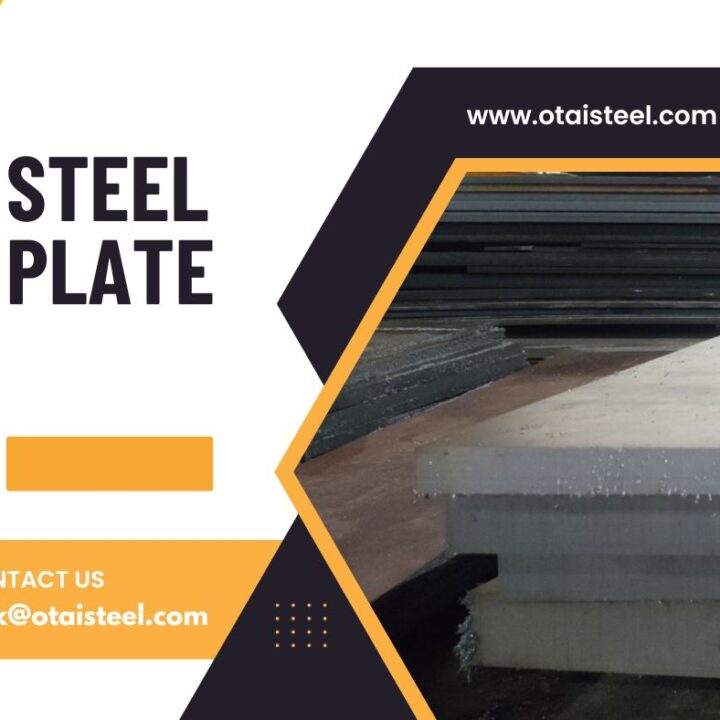Renewable energy stands as the beacon of a sustainable future. And behind the scenes of this green revolution is a material that plays a crucial role—8620 steel. In this exploration, we unravel the impact of this robust alloy on the renewable energy landscape. It strength meets the demands of clean and efficient power generation. (The Impact of 8620 Steel)
Powering Wind Turbines: The Backbone of Clean Energy
Wind energy has become a cornerstone of the renewable energy mix, and the strength of 8620 steel is instrumental in harnessing the power of the wind. Within the towering structures of wind turbines, this alloy finds its place in critical components like gears and shafts. The ability of 8620 steel to withstand the constant stresses and strains imposed by the relentless rotation of turbine blades. It ensures the longevity and efficiency of these green energy giants.
Solar Energy Infrastructure: Strength Under the Sun
In the realm of solar energy, where capturing and converting sunlight into electricity is the goal, the robust nature of 8620 steel is highly advantageous. From the support structures of solar panels to the intricate components within solar tracking systems. This alloy’s durability ensures the longevity of solar installations. Its resistance to corrosion is particularly vital, given the outdoor exposure these structures endure. Allowing solar farms to operate efficiently for extended periods.
Hydropower Reliability: Navigating the Flow
Hydropower, a longstanding source of clean energy, relies on the seamless operation of turbines and generators. Enter 8620 steel, a material that excels in environments where water flow and pressure are harnessed to generate electricity. The corrosion resistance and strength of this alloy make it an ideal choice for the intricate components within hydropower systems. Contributing to the reliability of this renewable energy source.
Geothermal Applications: Enduring Earth’s Heat
Beneath the Earth’s surface lies a potent source of energy—geothermal. In the harnessing of geothermal power, 8620 steel once again proves its mettle. The alloy’s ability to withstand high temperatures and resist corrosion is essential in the construction of geothermal plants. From well casings to turbine components, 8620 steel ensures the efficient extraction and conversion of Earth’s heat into electricity.
Bioenergy Infrastructure: Supporting Sustainable Practices
In the realm of bioenergy, where organic materials are converted into fuel, the construction of processing equipment demands materials that can endure the harsh conditions of biomass conversion. 8620 steel, with its robustness and resistance to wear, becomes a reliable choice for the machinery and components involved in bioenergy production. This contribution aids in the development of sustainable practices for energy generation.
As the world pivots towards a future powered by clean and sustainable energy, the impact of materials like 8620 steel cannot be overstated. In wind, solar, hydropower, geothermal, and bioenergy applications, this alloy emerges as a linchpin in ensuring the reliability and efficiency of renewable energy infrastructure. With 8620 steel as a steadfast ally, the renewable energy sector not only embraces eco-friendly practices but also fortifies the foundation for a greener and more sustainable world.
